1 WNBA rookie quit her job to tell them she’d be pursuing basketball, and more training camp stories

It’s a quick transition for WNBA rookies. One day, you’re playing in the NCAA tournament with your college team, and a week or two later, you’re drafted and officially a professional basketball player. A week after that, you’re in training camp for your rookie WNBA season. In just a month’s time, you’ve finished college, started your career, and your life has done a complete 180-degree turn. Due to that, it’s completely reasonable for a rookie to be taking it all in at training camp. They have been thrown into a completely new system with new coaches and new teammates, now a tiny fish in a vast ocean. They are also living out their dreams, finally playing in the WNBA — they all look a little wide-eyed and in awe for the first weeks of the season. WNBA training camp has just started, but multiple rookies have already experienced Media Day and are adapting to their new roles. The Washington Mystics had three of the first six draft picks, getting Sonia Citron, Kiki Iriafen, and Georgia Amoore in the process. The Mystics are in the middle of a rebuild, and these rookies are hoping to be a part of the next generation of this franchise. “It’s been competitive going against the bigs that have been in the league for a long time and having to earn my keep,” said Iriafen at Mystics media day. “We’re learning a lot and our coaches do a great job of making sure that we understand everything.” Training camp is a short amount of time, and players need to prove themselves. To reinforce to coaches that the skills these WNBA teams scouted them for are still there, while also trying to show off their versatility. For Iriafen, that means showing Washington that she can shoot three-pointers. “My coaches encourage me to shoot my three,” Iriafen said about her training camp goals. “I’ve been shooting it a lot in practice and staying late to make my shots. I know that’s key in this league, if I’m playing the 4, maybe the 3.” There are, of course, challenges to the quick turnaround between the college season and WNBA training camp. Learning new terminology, what your new coaches need from you, and even just the difference in routines that come with joining a new team. Another big factor is that the WNBA is inherently a more physical league than the NCAA, and the pace is a lot faster than college basketball. A reminder of how fast things change in the WNBA happened the morning after these quotes were gathered, when it was announced that Amoore tore her ACL, changing both her and the Mystics’ story arcs nearly immediately. For Sonia Citron, there is a balance between acclimating while figuring out what her coaches want from her. “I’m taking everything in, being a sponge,” Citron said. “Learning from the coaches, learning from the vets, learning from our teammates, and just trying to be a good rookie.” Across the country in Seattle, another group of rookies is competing for spots on the Seattle Storm roster. Unlike the Mystics, the Storm have the pieces to potentially make a playoff run this season. There are not many spots for rookies to stay on the roster, so training camp is more competitive in a sense. With that harsh reality in mind, rookies Serena Sundell, Jordan Hobbs and Madison Conner are just trying to take in as much as they can from their team’s veterans. “Even in the two short days that training camp has been, I feel like I’ve been able to grow my game already,” Jordan Hobbs said. Hobbs played at Michigan, not sure if she would even be drafted into the WNBA. She had a job lined up in the corporate sector and was ready to move on from basketball. Yet, after the year she had a Michigan and the way the Wolverines’ season ended, she knew in her gut she wasn’t done with the sport yet. While she was at the All-Star Combine at the Women’s Final Four, she called that job and told them she would be pursuing basketball after graduation instead. Now, she’s in Seattle competing for a roster spot. “It’s just been a complete 180, but I’m super grateful for it and just blessed to be in this position here,” Hobbs said about her decision. One recurring sentiment from rookies is how well their college programs prepared them for this opportunity. All six of these players were drafted out of elite college basketball programs like USC, Notre Dame, Michigan and more, programs that have been producing WNBA players for decades. It’s now time for them to apply all the skills they learned in college to their professional basketball careers. As the WNBA grows, more rookies are getting chances to make WNBA rosters. It’s becoming more of a reality to pursue basketball after college, and despite the quick turnaround, these rookies wouldn’t want to be anywhere else.





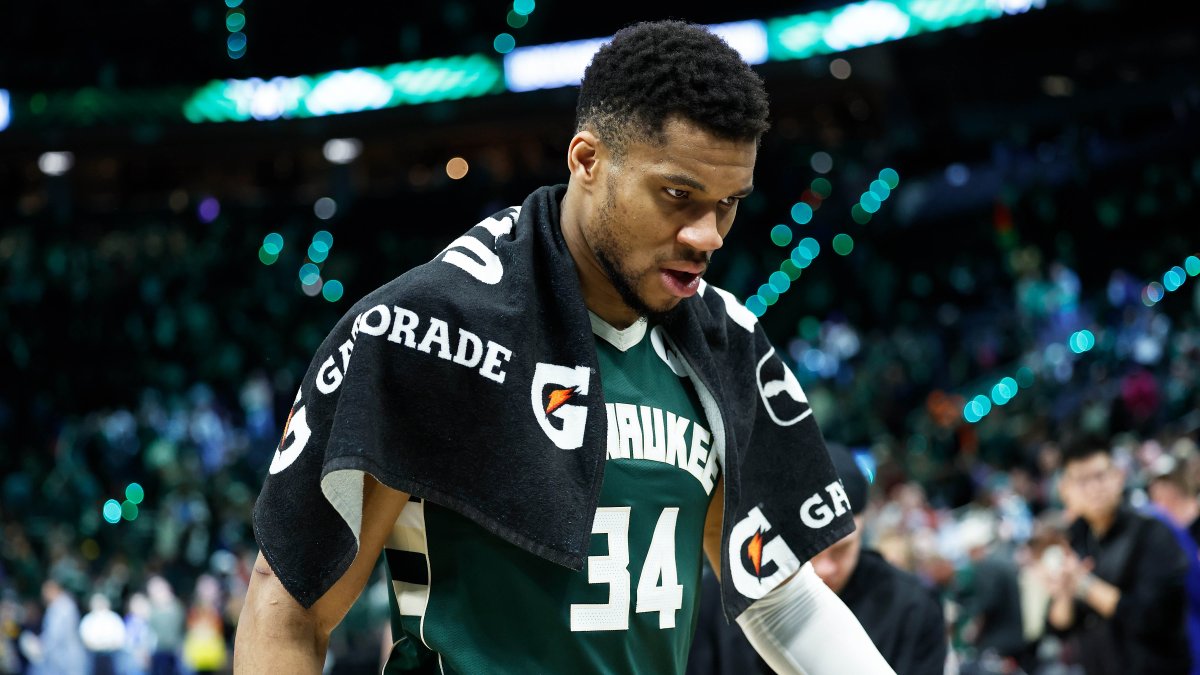






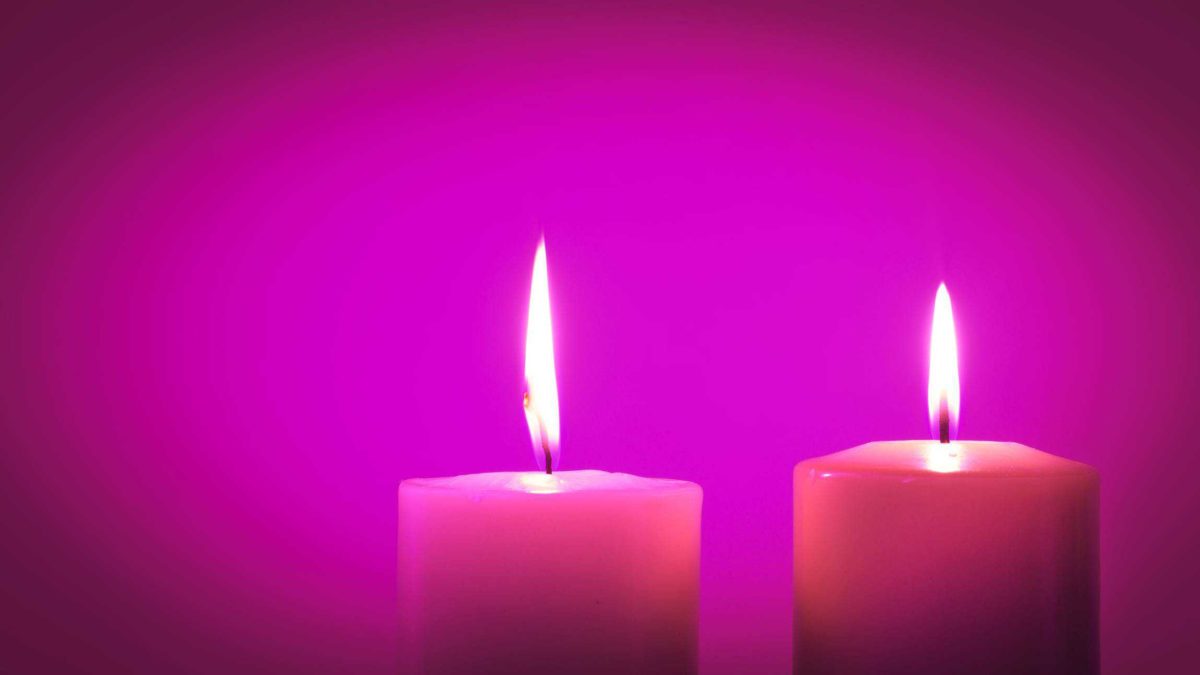
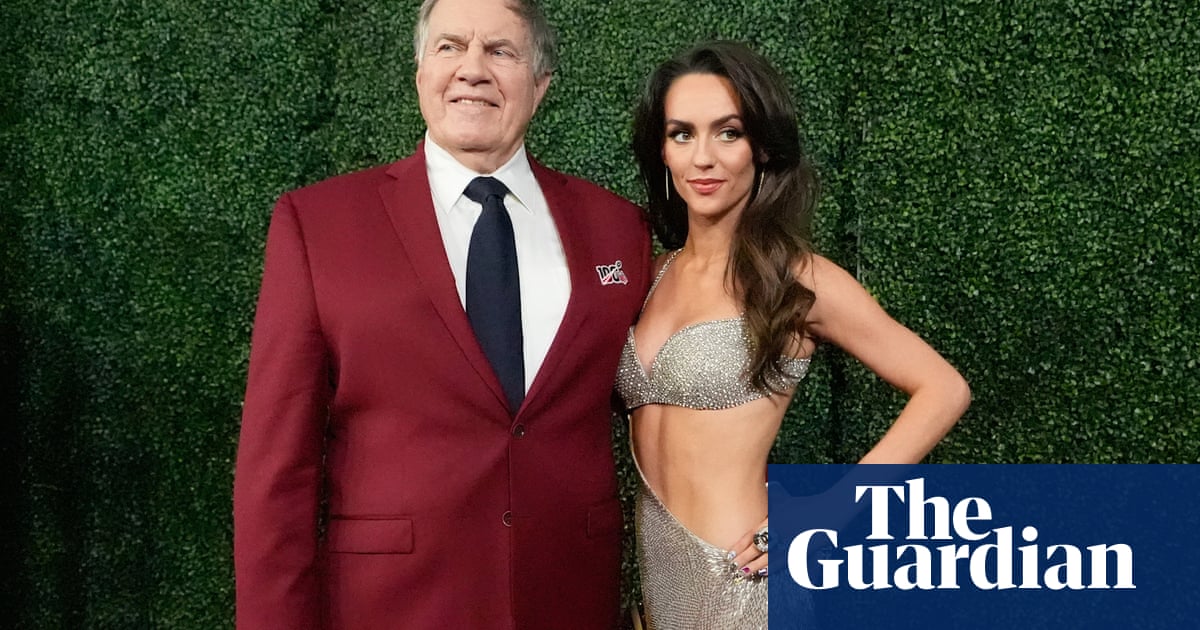
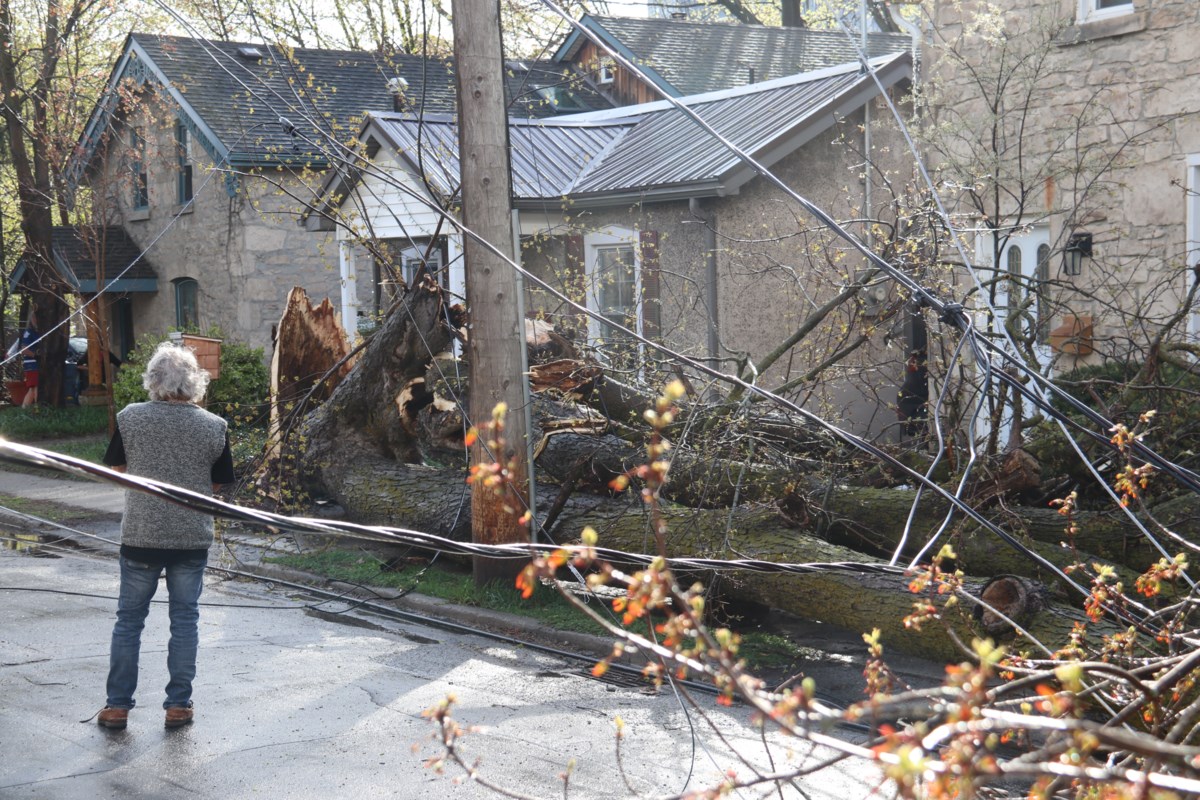
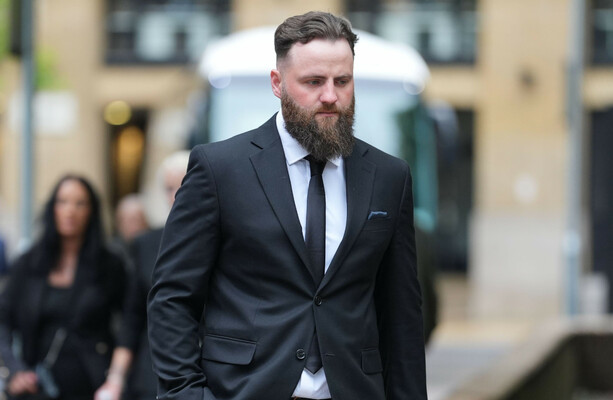

![If Subby is reading this correctly a private company found her car with her remains inside and then those remains were identified through DNA by a private lab while the police may or may not be investigating anything [Murica]](https://usrimg-850.fark.net/L/Lu/fark_LuAP5l3kJ7Dhg3OWOiIuEjKdZx0.png?AWSAccessKeyId=JO3ELGV4BGLFW7Y3EZXN&Expires=1746417600&Signature=yNgcruxrTopH47uQcHlQ9cewfhc%3D)
